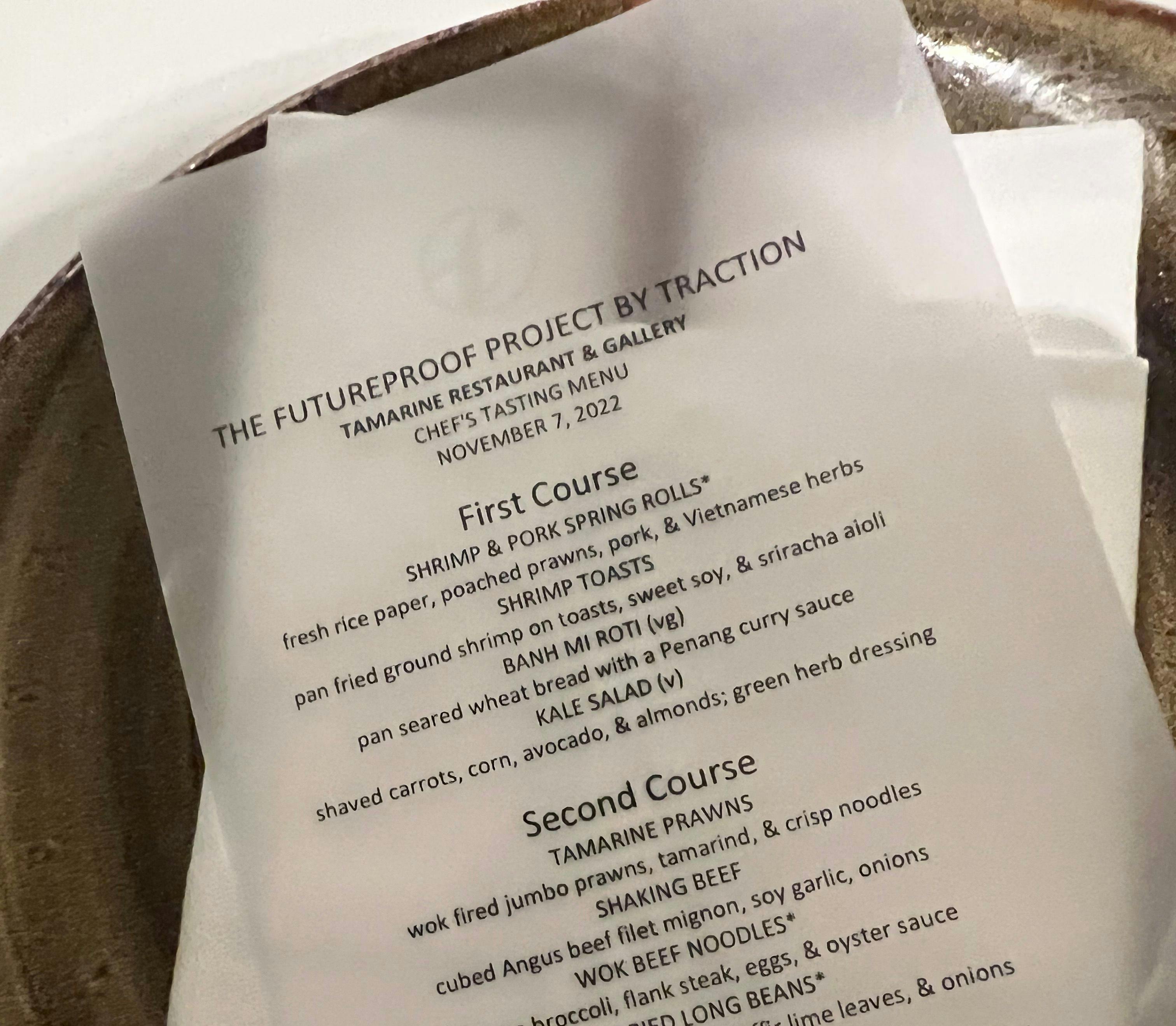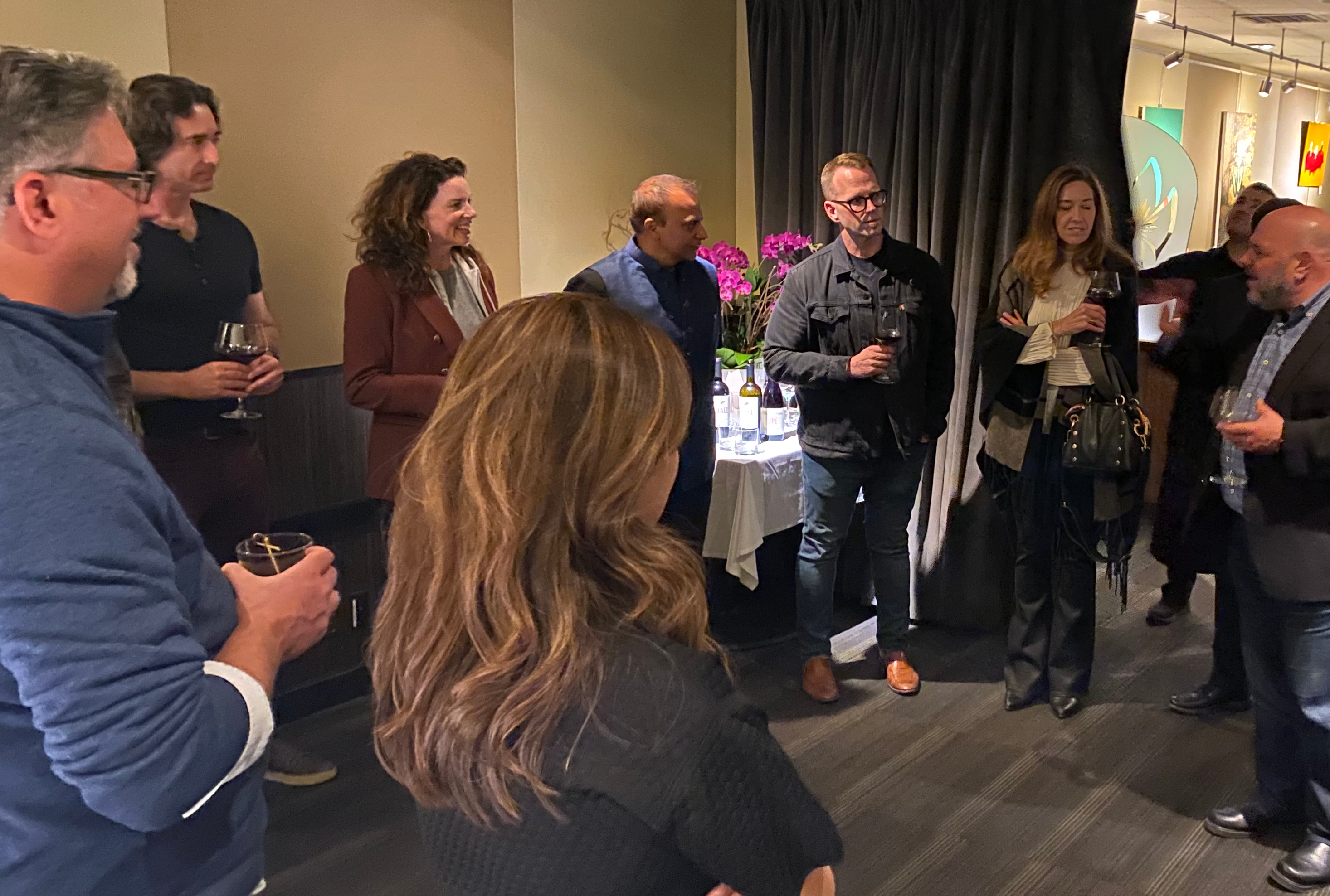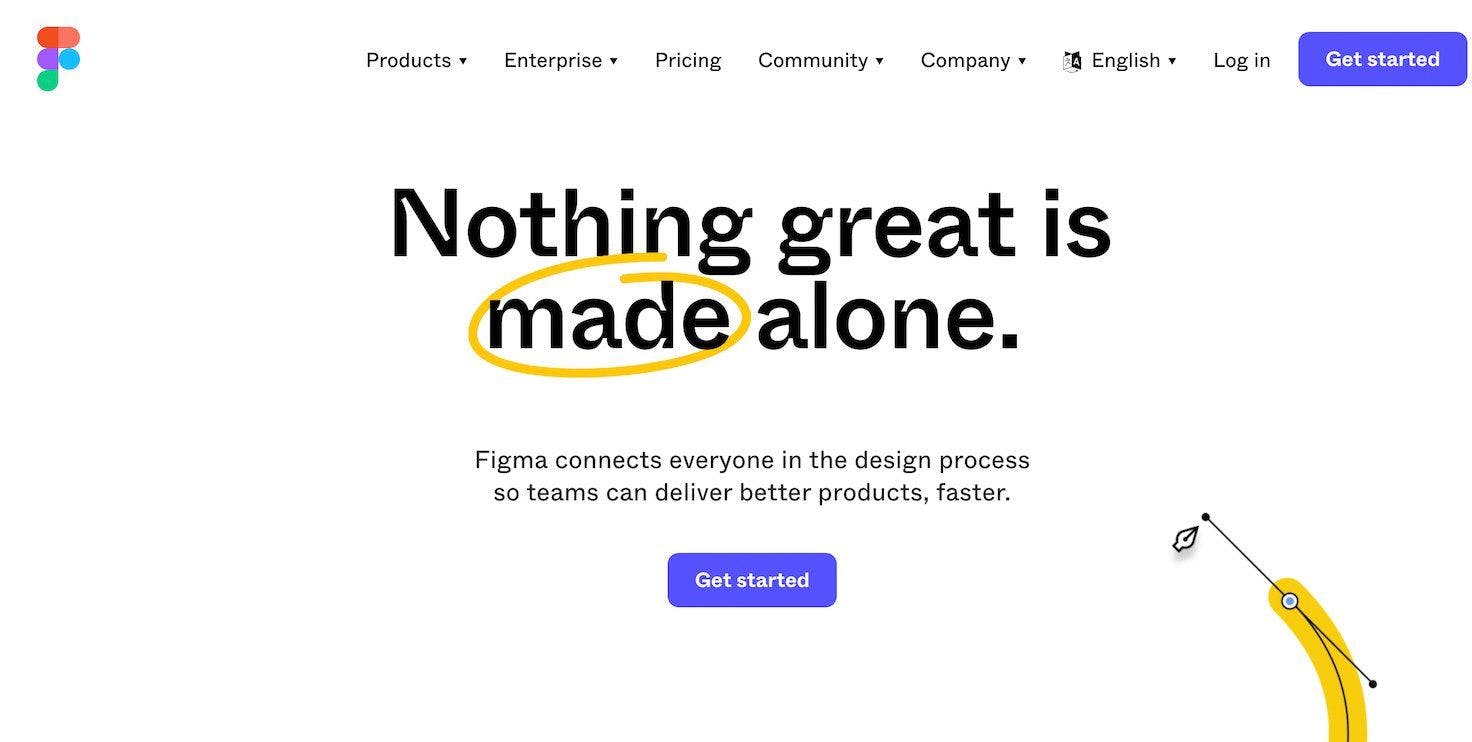Introducing The Futureproof Project

By Adam Kleinberg
Last week, Traction held the inaugural meeting of The Futureproof Project.
For those of you who aren't familiar with Traction, we are a marketing accelerator that has used a liquid talent collective to redefine what it means to be an agency. We're excited to establish this new exclusive think tank to help brand leaders help one another to succeed in Web 3.0 in the spirit of Web 3.0.
The internet is the defining invention of our lifetime. It has impacted almost everything we do—from how we get information to how we communicate, get entertainment, even how we eat. And yet, what we've seen so far is only the tip of the iceberg relative to what's coming next.
History repeats itself. Just as with the earlier iterations of the web, those who don't adapt to new technologies that make up "Web 3.0" will suffer the same fate as the companies and industries that were disrupted before. The winners will be the leaders that futureproof their brands. They will be the ones to transform innovation into competitive advantage.
The Futureproof Project is an invite-only collective of 30 thought leaders from important brands that will gather in a series of curated live and online events held each quarter culminating in an annual 2-day conference in Napa. We will also create exclusive content from our shared learnings, perspectives, challenges and experiences to help us pave our way through this wave of change, as well as a curriculum of educational sessions and design thinking workshops to help brands to navigate change.
In our first event, attended by leaders from brands including Apple, Meta, Intel, Lenovo, Inspired Brands, Computer History Museum, Gravvy, Get Joy & Co. and Blue Apron, we were honored to have Gina Bianchini, the Founder & CEO of Mighty Networks , join us as a speaker. Before Mighty Networks, Gina was the CEO of Ning, a platform for hosting social communities, which she co-founded with Marc Andreeson in 2005, and has been on the cover of Fast Company magazine. One of the main cultural shifts of Web 3.0 is the creator economy, so it was a treat for her to share her perspective on the space!

What did we learn from one another? Here are some of the takeaways.
First, innovations come from periods like we are in right now. Massive financial shifts have sidetracked Web3, but they are also the catalyst for innovation. It provides an opportunity to break things apart and ask what do people want?
Building community is at the forefront of Web3. Yes we want to monetize, but communities are at the core. They allow us to connect with one another despite our differences—something we as a society desperately need right now.
We discussed the concept of where we are right now actually being "Web2.5," where brands can enable their communities to have the experience of Web2 on the technology of Web3. The challenge is blending the utility of the two worlds.
Ownership is also a core principle of Web3. People are now able to own their own digital worlds. This is a radical shift for brands. Many have given lip service to creating a value exchange—but now we'll see many brands drive success by embracing that concept fully.
Techology transformation is happening today, fueling this value exchange. Meanwhile, media empires are changing rapidly with Meta's shift away from performance, Twitter's collapse, TikTok's rise and the onslaught of CTV. Marketers cannot walk away from the brand. Brands exist to provide meaning.
The opportunity to hit the reset button is exciting. The Futureproof Project will continue to bring brand leaders together to help transform technology innovation into competitive advantage for our members.
Our next event will be at Brand Innovators tentpole event in Miami during Art Basel on November 29. If you're in town, please stop by! And if you're a brand marketer and interested in being part of our exclusive community, please email us at futureproof@tractionco.com and let us know!

Adweek interviewed Traction CEO recently about the challenges B-to-B marketers are facing in 2023 and how they can overcome them.

Adobe just paid an eye-popping $20 billion for Figma, a company some people are hardly familiar with. Many may be scratching their heads, wondering ‘WTF?’

The ANA recently called Traction CEO, Adam Kleinberg, and our client, Matt Agronin, CMO of the consultative outsourcing leader, Ubiquity, for some advice for B2B marketers.
